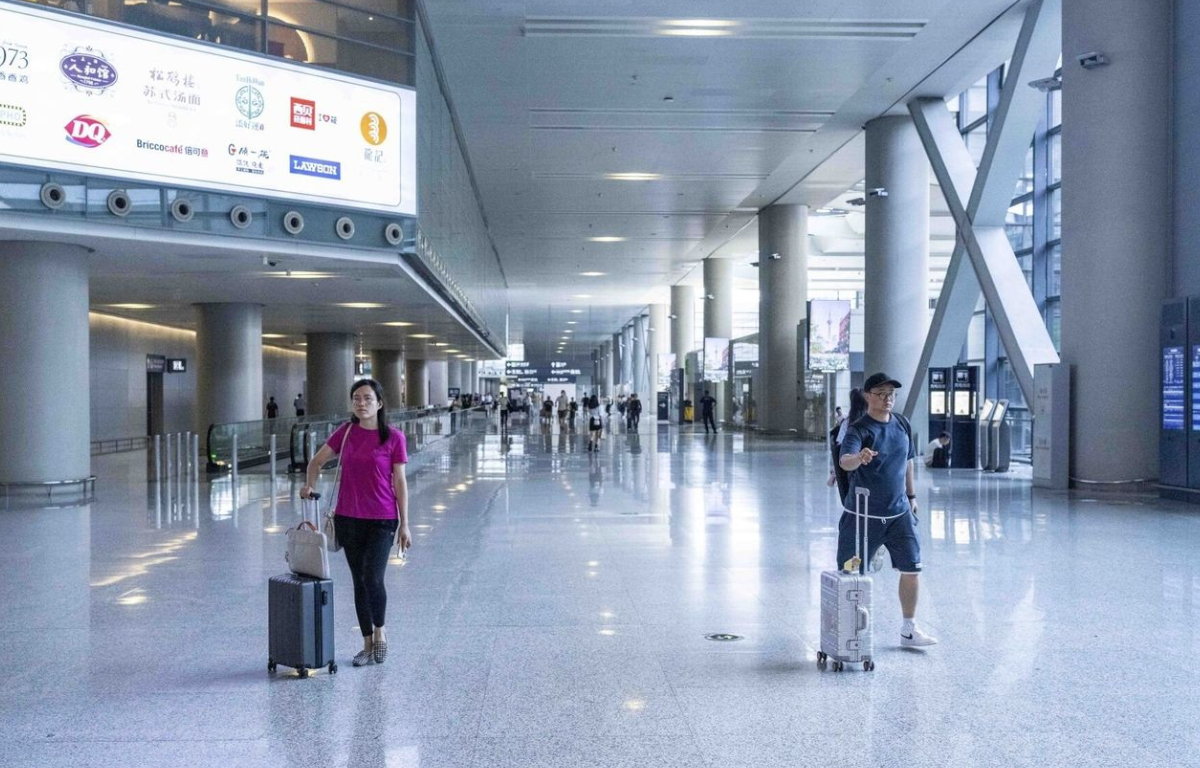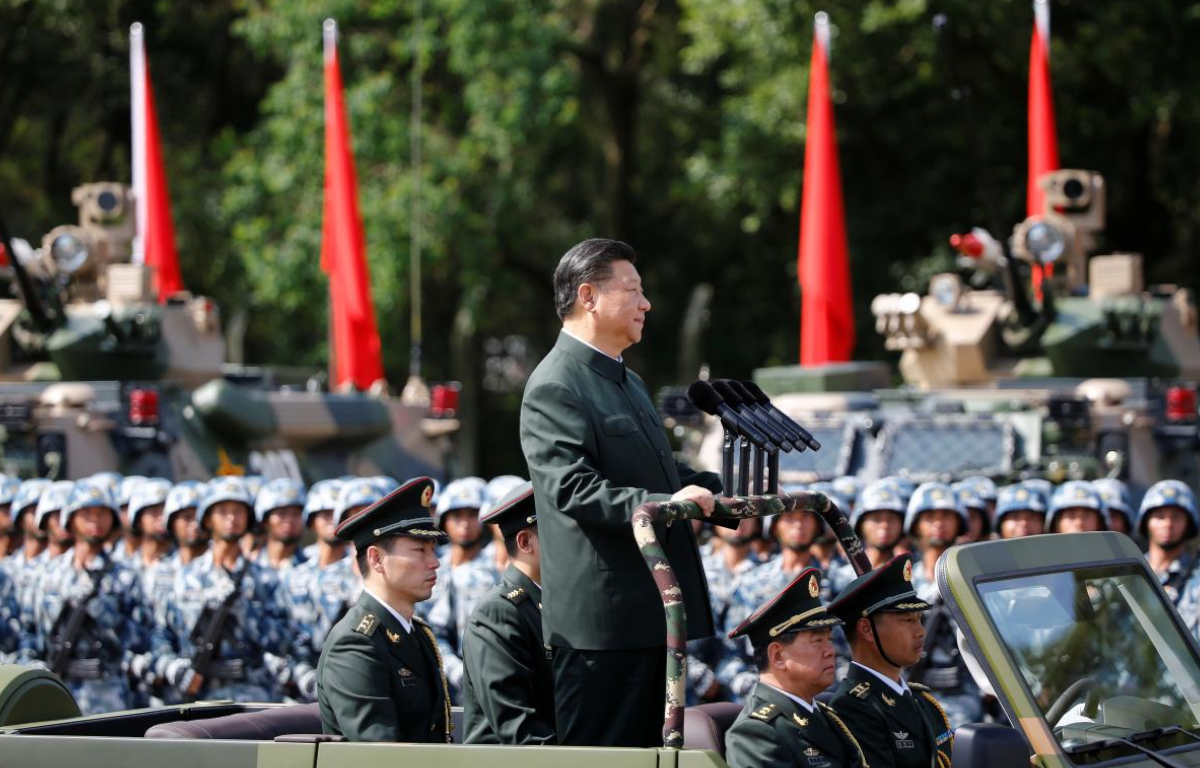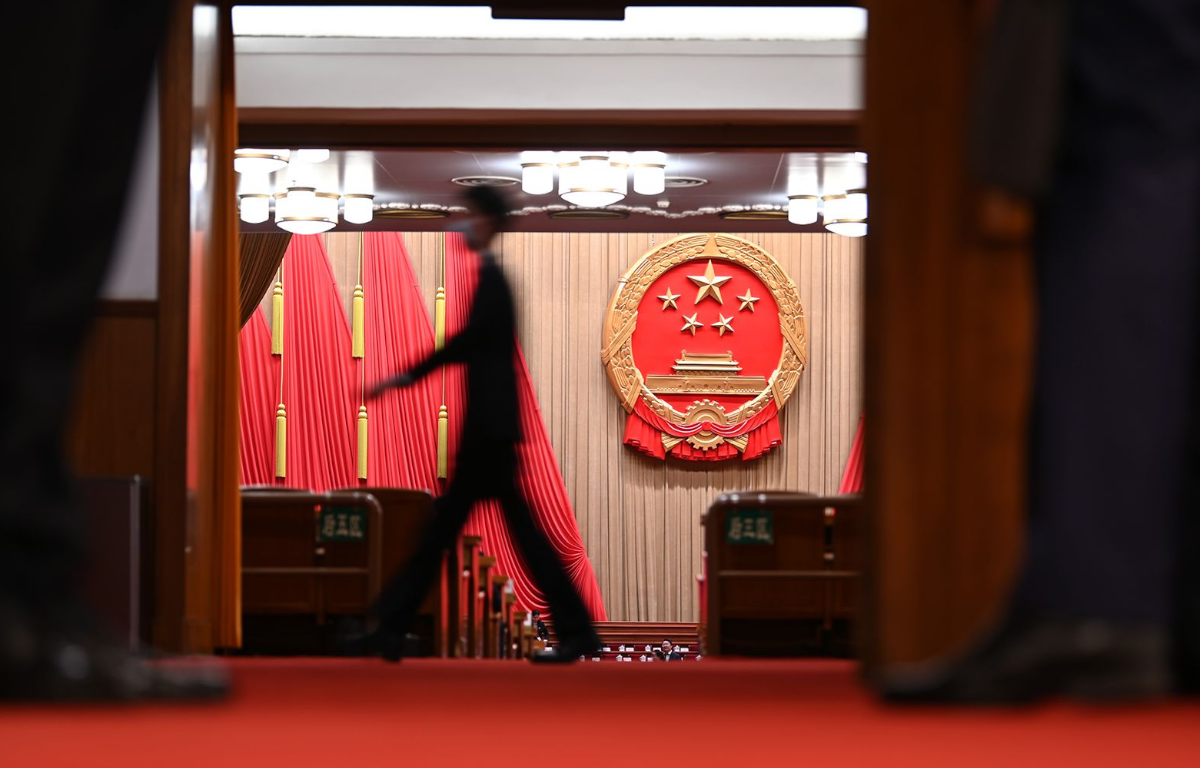
US firms in China continue to confront obstacles due to persisting travel restrictions, hindering their operations and personnel mobility. The ‘Zero Covid’ measures, initially aimed at containing the virus domestically, inadvertently resulted in stringent border controls. Consequently, US businesses struggle to build and maintain relationships, hampering their ability to operate effectively.
Navigating China’s regulatory environment has always been a challenge for foreign enterprises. However, over the past six months, US firms have faced heightened uncertainty due to frequent policy changes and shifting regulations. From data privacy and cybersecurity requirements to foreign investment restrictions, businesses must adapt to these fluctuations, making it difficult to plan and allocate resources efficiently.
The US-China trade tensions, marked by tariff disputes and geopolitical uncertainties, add another layer of uncertainty for US companies in China. The changing dynamics of international relations influence business environments and decision-making processes. These unpredictable tensions create additional challenges for firms seeking stable and predictable operations.
Supply chain disruptions pose significant challenges for US firms operating in China. As the global economy recovers at varying rates, uncertainties surrounding the availability of raw materials, transportation delays, and labor shortages persist. These obstacles hinder production schedules, impact product quality, and make it challenging to meet customer demands consistently.
The pandemic has accelerated shifts in consumer behavior, both in China and globally. US firms in China face challenges adapting to changing consumer preferences and the growing prominence of e-commerce and digital engagement. To navigate this uncertainty effectively, businesses must embrace flexibility, innovation, and a deep understanding of evolving consumer trends.










Share this: